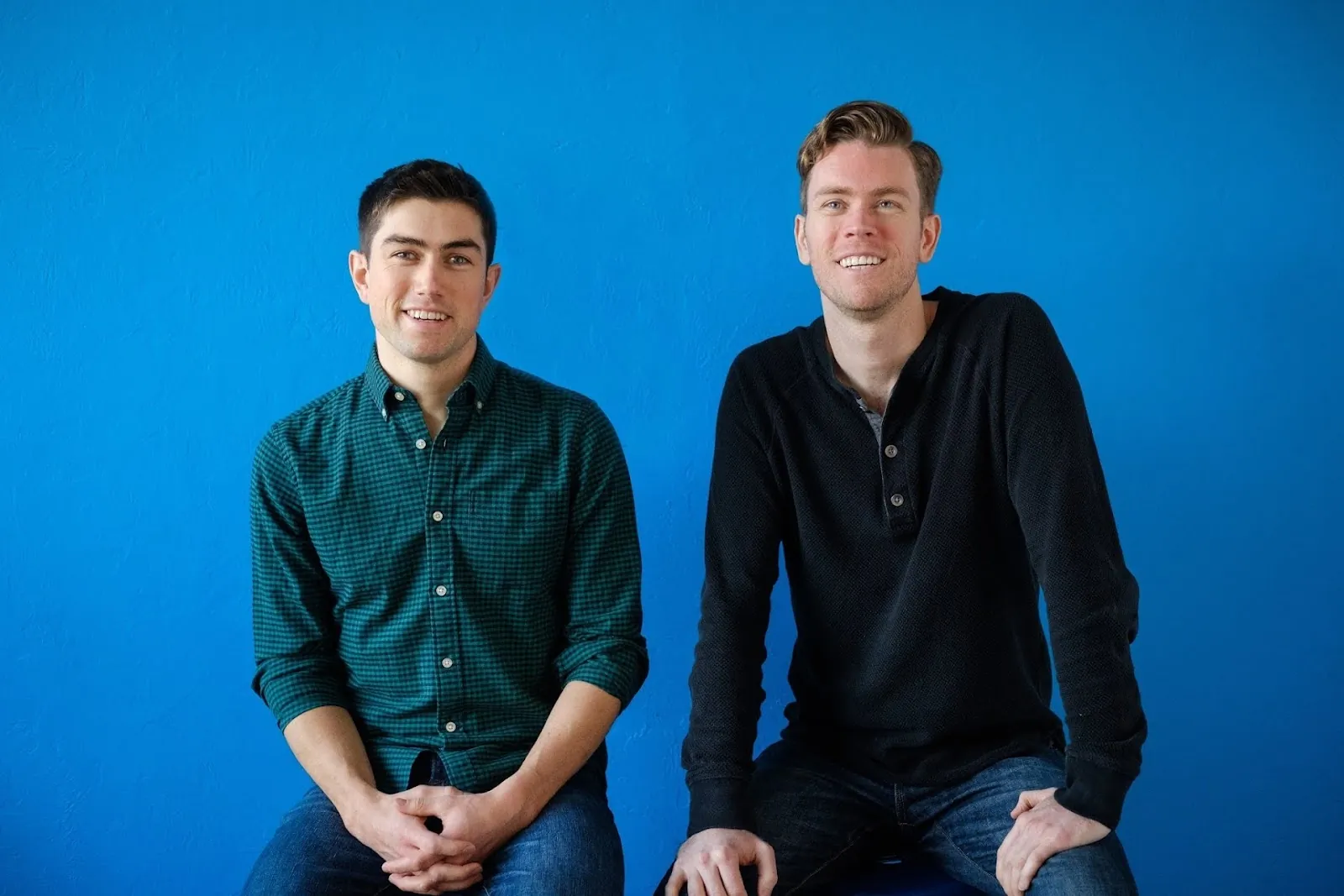Building codes are foundational to the built environment. They express the laws and regulations that stipulate how and what can be built or renovated, as well as the functional and operational requirements of the resulting structures.
Building codes are also fragmented by discipline and geography. Our nation’s building, mechanical, fire, plumbing, life safety, energy, and myriad other codes derive from common frameworks, but states and local governments continuously amend or exclude sections to adapt to local conditions, before enacting them as law. The result is a complicated patchwork of building code laws that vary by location and jurisdiction, and are periodically amended and republished as books, PDFs, or web updates.
This fragmentation presents a significant challenge to the architects, builders, engineers, trades, suppliers, and countless other stakeholders tasked with ensuring a project complies with all relevant and current local building codes. Worse, it can lead to costly delays, rework, or punitive action that arise from code infractions. Even practitioners that limit their work to just one location can face multiple layers of regulation from city, county, and state. That means multiple layers of codes to identify, review, and comply with.
And inevitably, building codes will continue to evolve and diverge as cities, counties, and states adapt to our changing world with new legislation for carbon reduction, climate resilience, offsite/modular construction, building product innovations, safety and occupant health, among countless other forces of change.
Scott and Garrett Reynolds set out to solve this problem when they co-founded UpCodes in 2016. As an architect working across international jurisdictions in Hong Kong, and NYC, Scott lived the building code problem. His frustration with the absence of innovation to address this challenge led him to articulate the solution with his brother Garrett, who had studied Physics and Machine Learning at UCLA. At the time, Garrett was at PlanGrid coding the OCR and AI algorithms the company relied on to digitize and intelligently interpret and organize 2D construction drawing sets. The brothers realized their earned secret, and UpCodes was born.

UpCodes co-founders Scott Reynolds and Garrett Reynolds.
We met Scott shortly after he and Garrett had secured seed financing from Y Combinator and the founders of PlanGrid. Fast forward to today, and UpCodes is a modern code compliance platform underpinned by a unified, searchable library of the currently adopted codes, updates, amendments, and errata across all major US jurisdictions and building disciplines.
And critically, the code libraries are kept constantly updated by the “ingestion engine” built by Garrett and his team. So in ways similar to how Google Maps keeps roads and businesses current, and how Expedia keeps flight, hotel and rental car pricing current, the UpCodes platform monitors an ever-increasing number of juristiction’s building codes to seamlessly incorporate over 7000 updates each month.
UpCodes then extends the platform with a host of productivity tools, such as the ability to markup, link to, and “tear out” code sections to project sites, with the peace of mind that your projects will be automatically updated if the jurisdiction amends any sections you reference.
To jump-start the compliance process, there’s AI-enabled code automation that guides project teams to compliance, much in the same way that TurboTax guides most Americans to IRS compliance. As this code automation and the underlying code calculators grow in sophistication, UpCodes envisions a future where the majority of AEC professionals will never need to read the underlying “raw” building codes.
Finally, the compliance process is by its nature highly collaborative, so external stakeholders can be invited to add their expertise to the code compliance process—with the added viral benefit that they often bring UpCodes to their other projects.
All of which has helped accelerate growth to over 650,000 monthly active users and 100 million monthly page views.
And yet, UpCodes is only scratching at the surface of capabilities it can bring to market, as demonstrated by the recent launch of “Copilot”, a brand new AI-based tool that answers complicated building code questions with fully-annotated, natural language responses. (Read about this exciting development in TechCrunch)
This all serves to underscore why we’re thrilled to share that Building Ventures has led UpCodes’ recent $3.5M Series A round, with participation from existing investors including CapitalX, Bragiel Bros and the founders of PlanGrid. We’re excited to join forces with Scott, Garrett, and the rest of team UpCodes and can’t wait to see what unfolds in the next chapter of their journey. #forabetterbuiltworld
Learn more about UpCodes here.


